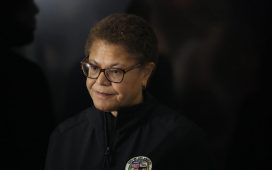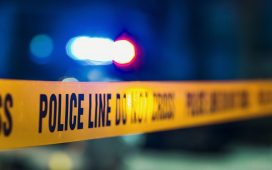Volkswagen has asked the U.S. Supreme Court to review a decision by an appeals court that would allow state and local governments to regulate modifications to emission-control systems once a vehicle is sold.
In August, the 9th U.S. Circuit Court of Appeals said it would not revisit its June decision that would allow two counties to seek potentially billions in penalties from VW for violation of their laws prohibiting tampering with emission-control systems.
The 3-0 ruling would allow Florida’s Hillsborough and Utah’s Salt Lake counties to seek additional penalties from VW over its diesel emissions scandal. The court ruled VW must face anti-tampering claims by the two counties over fixes made to its diesel vehicles after they were sold.
“Volkswagen believes that the Clean Air Act preempts the unprecedented effort by these two counties to challenge auto manufacturers’ nationwide, post-sale updates to their vehicles’ emissions systems and that the Supreme Court should review this important question of federal law,” a spokesperson for Volkswagen Group of America said in a statement.
VW said the 9th Circuit’s decision “conflicts with the rulings of multiple courts and will severely compromise the EPA’s ability to regulate auto emissions.”
“Allowing all 50 states and thousands of local governments to regulate post-sale updates to millions of cars on the road will result in the regulatory chaos that Congress sought to avoid in enacting the Clean Air Act,” the spokesperson added.
The Alliance for Automotive Innovation — the industry’s leading lobbying group, which represents VW and other major automakers, suppliers and technology companies in the U.S. — has supported the German automaker’s position that permitting state and local governments “to apply their own prohibition on tampering to post-sale, model-wide changes” to vehicles would scrap regulatory certainty and create chaos, according to a court filing in August.
Volkswagen admitted in 2015 to cheating U.S. emissions tests on diesel engines by installing illegal software. The automaker settled U.S. criminal and civil actions for more than $20 billion, but it did not obtain liability protections from state and local governments, the court said.








